Why I think the Scarlett Johansson OpenAI scandal shows the danger of AI-generated voice content
While ethics and outrage over the alleged use of Scarlett Johansson's voice have taken center stage, OpenAI’s fumbled ‘Sky’ feature also highlights vishing risks


Sign up today and you will receive a free copy of our Future Focus 2025 report - the leading guidance on AI, cybersecurity and other IT challenges as per 700+ senior executives
You are now subscribed
Your newsletter sign-up was successful
When OpenAI launched its new voice feature for ChatGPT, ‘Sky’, it probably wasn’t expecting to have to retire it within a week. The fact that it did is what can only be described as an unforced error, but the whole scandal highlights the risks of AI-generated voice content.
In September 2023 and May 2024, the company approached Scarlett Johansson and her agent to ask her to voice a new component of ChatGPT. She declined the job.
Some organizations (I would like to think most) would have cut their losses and found someone else who would be happy to take on the role. Yet when Sky launched, people instantly picked up on how similar it was to Johansson’s voice.
Specifically, many recognized it as the actress’ portrayal of an intelligent AI voice assistant in the movie Her.
The supposed coincidence didn’t slip past Johansson and her team either, and OpenAI was issued with a letter from her lawyers, prompting the company to “pause” Sky.
An article in The Washington Post now claims OpenAI “didn’t copy Scarlett Johansson’s voice for ChatGPT” and the generative AI pioneer has the receipts to prove it.
I find myself rather skeptical of this claim. The company, it seems, auditioned several voice actors for the role of Sky at some point last year. According to The Washington Post, the flier said, among other things, that the actor should have a “warm, engaging, [and] charismatic” voice and sound between 25 and 45 years old.
Sign up today and you will receive a free copy of our Future Focus 2025 report - the leading guidance on AI, cybersecurity and other IT challenges as per 700+ senior executives
I’m sure it’s mere coincidence that Johansson, who was born in 1984, was about 28 when Her was filmed.
Joanne Jang, who leads AI model behavior for OpenAI, told The Washington Post that the human actor behind Sky sounds nothing like Johansson although the two share “a breathiness and huskiness”.
The actor herself, who has chosen to remain anonymous, said: “It’s just my natural voice and I’ve never been compared to her by the people who do know me closely.”
The thing is, she isn’t reading the lines herself. Perhaps she really doesn’t sound like Johansson – I have no way of knowing – but the synthetic voice OpenAI has derived from her samples for Sky does.
What does Scarlett Johansson have to do with AI voice and vishing threats?
What has all of this got to do with vishing, you ask?
In case you’re not familiar with the term, vishing is a form of phishing that uses a voice element. This could be a phone call or a voice message and aims to circumvent the suspicion of emails requesting money transfers that has been built up over years of anti-phishing campaigns.
While there are reports of vishing attacks aimed at individuals – often parents – many target businesses.
The anatomy of the scam is almost always the same. Similarly to phishing, the attacker generates a sense of urgency and authority; if your MD says they need you to confirm a transaction or make a bank transfer, it’s hard to push back.
RELATED WHITEPAPER
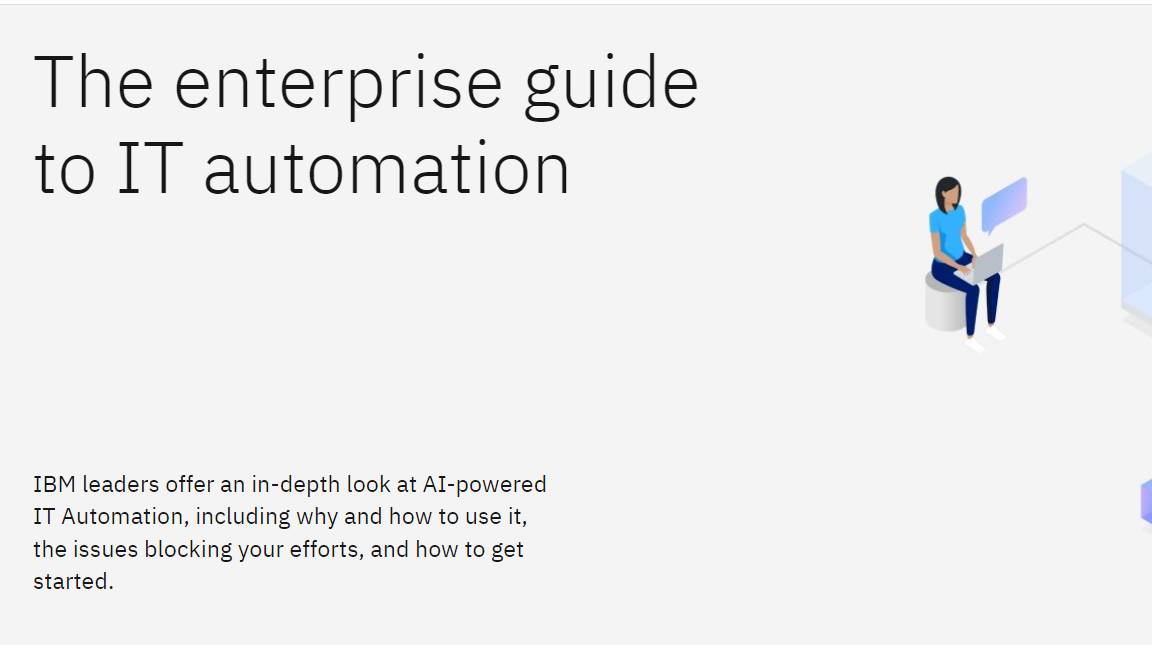
Psychologically, we are more inclined to unquestioningly follow orders from someone we know to be senior to us, compared to a random person claiming to be from a bank or IT provider.
While it can be relatively easy to craft a convincing-looking email, with the right footers, signatures, tone and so on, mimicking someone’s voice is a different matter. Or at least it was until the advent of generative AI.
AI allows malicious actors – criminals of various stripes – to create a recording of a person speaking words they have never said. Deep fake technology, which uses AI, has been getting better and better at generating convincing audio clips from any audio the creators can get hold of.
With a quick search on YouTube, one can find a myriad of AI-generated songs by major artists such as Drake that sound virtually identical to authentic tracks - and these have been composed by amateur enthusiasts.
Hany Farid, a professor of computer sciences at the University of California, Berkeley and a member of the Berkeley Artificial Intelligence Lab, told CNN: “A reasonably good clone can be created with under a minute of audio and some are claiming that even a few seconds may be enough.”
The US Federal Trade Commission (FTC) even issued a warning in 2023 that scammers could grab audio from social media to create their deep fake voice clips.
A successful attack on a business, using just vishing or perhaps in combination with a phishing email, could cost millions of dollars.
Just two weeks ago, thousands of people recognized Sky’s voice as that of Scarlett Johansson. It doesn’t matter that it wasn’t, because as with so many things perception is key.
If you think your boss, the CEO of your place of work, or maybe your accountant, is on the phone trying to make a payment or be reminded of a password, will your first thought be to push back? Or will you trust your ears and follow their request. I fear the answer for most of us may well be the latter.

Jane McCallion is Managing Editor of ITPro and ChannelPro, specializing in data centers, enterprise IT infrastructure, and cybersecurity. Before becoming Managing Editor, she held the role of Deputy Editor and, prior to that, Features Editor, managing a pool of freelance and internal writers, while continuing to specialize in enterprise IT infrastructure, and business strategy.
Prior to joining ITPro, Jane was a freelance business journalist writing as both Jane McCallion and Jane Bordenave for titles such as European CEO, World Finance, and Business Excellence Magazine.
-
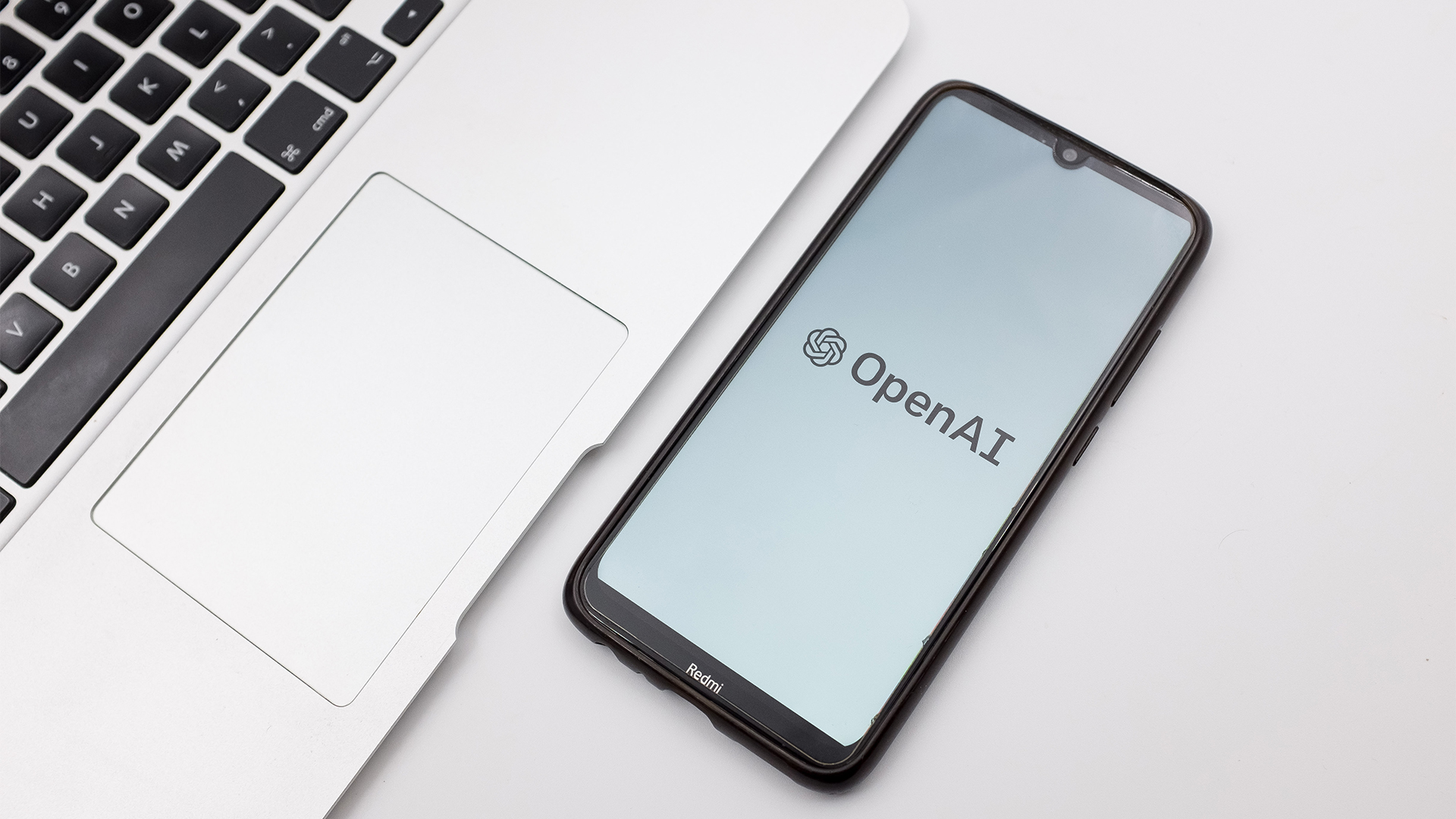 OpenAI's Codex app is now available on macOS – and it’s free for some ChatGPT users for a limited time
OpenAI's Codex app is now available on macOS – and it’s free for some ChatGPT users for a limited timeNews OpenAI has rolled out the macOS app to help developers make more use of Codex in their work
-
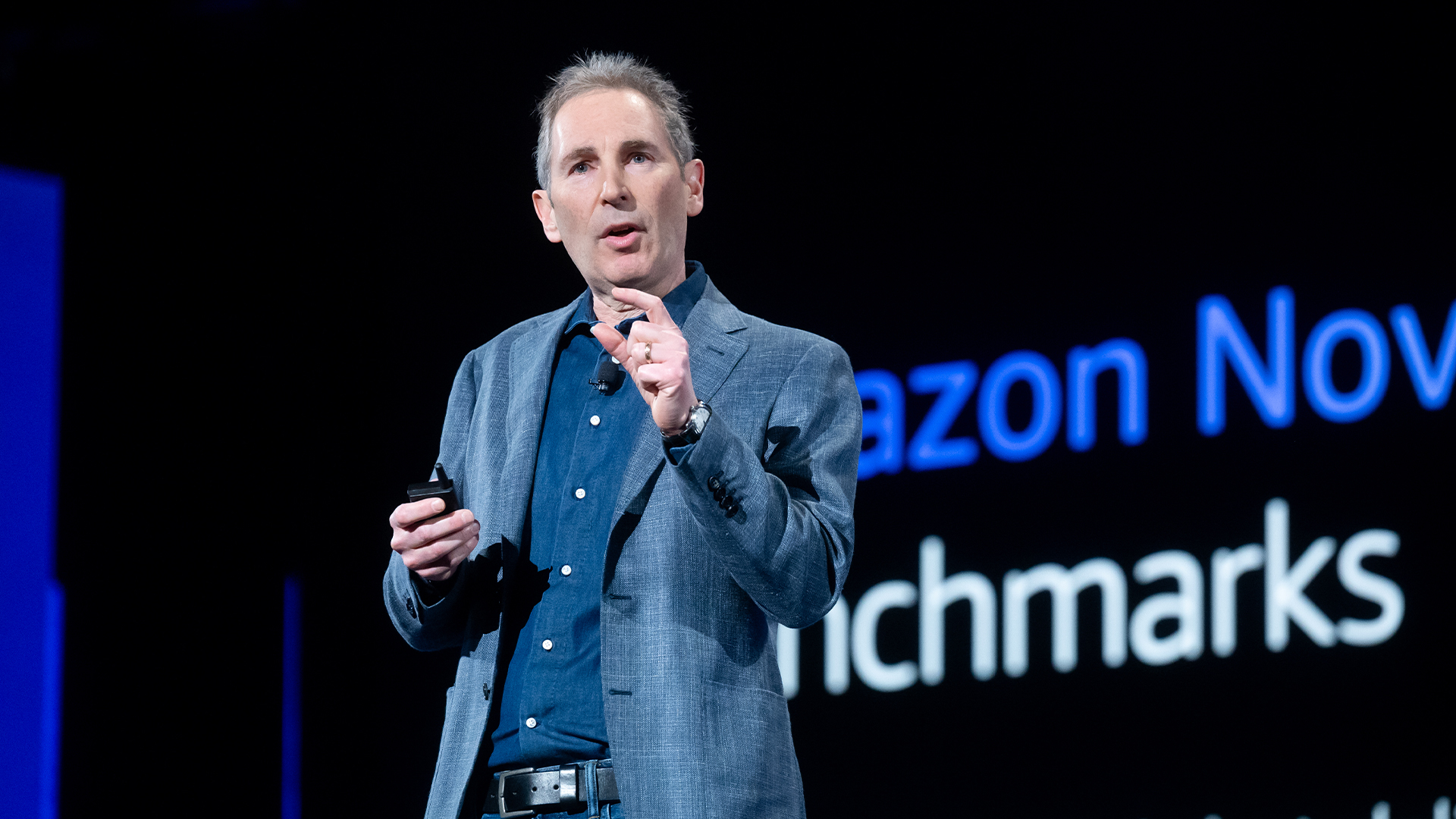 Amazon’s rumored OpenAI investment points to a “lack of confidence” in Nova model range
Amazon’s rumored OpenAI investment points to a “lack of confidence” in Nova model rangeNews The hyperscaler is among a number of firms targeting investment in the company
-
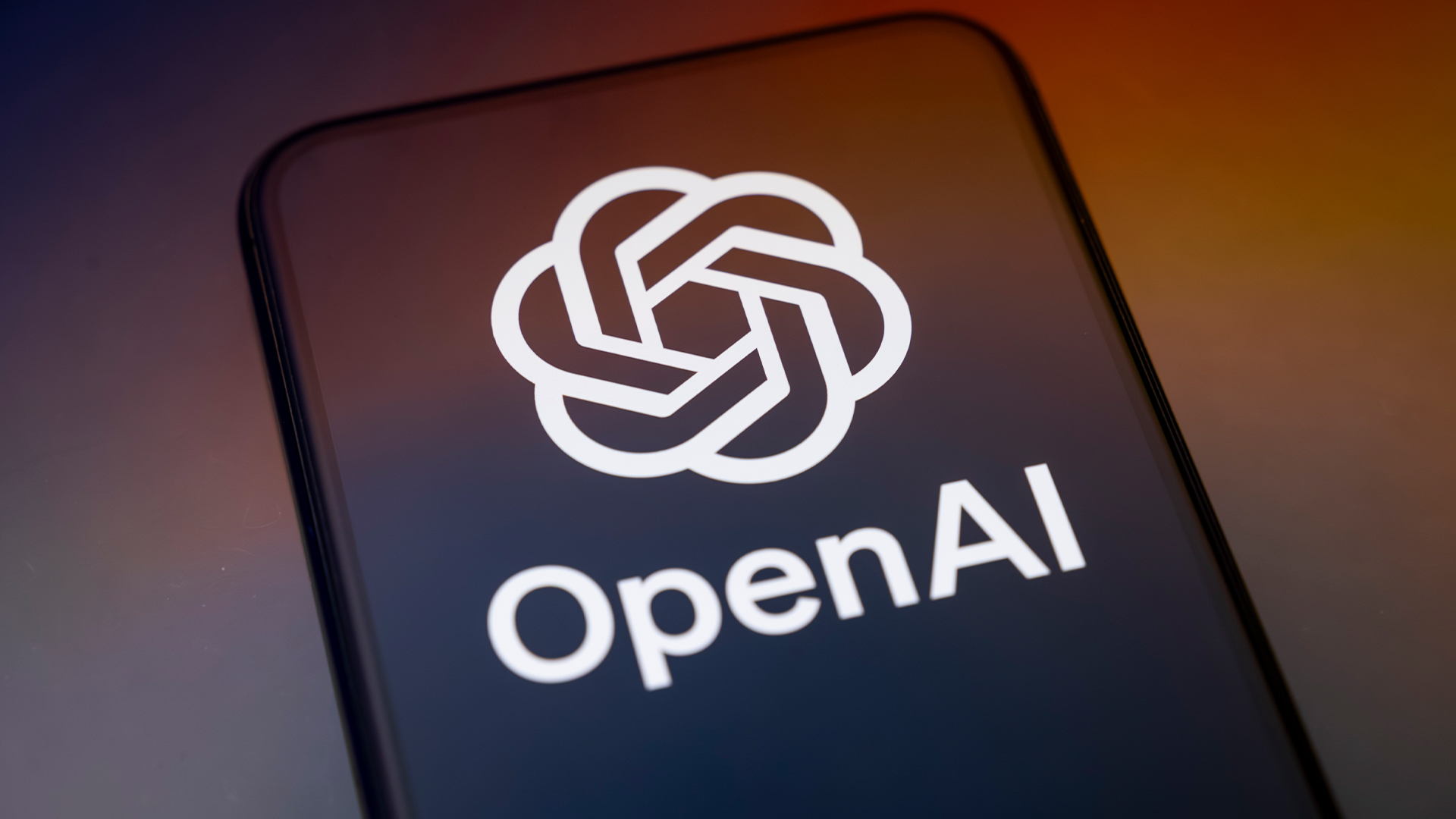 OpenAI admits 'losing access to GPT‑4o will feel frustrating' for users – the company is pushing ahead with retirement plans anway
OpenAI admits 'losing access to GPT‑4o will feel frustrating' for users – the company is pushing ahead with retirement plans anwayNews OpenAI has confirmed plans to retire its popular GPT-4o model in February, citing increased uptake of its newer GPT-5 model range.
-
 ‘In the model race, it still trails’: Meta’s huge AI spending plans show it’s struggling to keep pace with OpenAI and Google – Mark Zuckerberg thinks the launch of agents that ‘really work’ will be the key
‘In the model race, it still trails’: Meta’s huge AI spending plans show it’s struggling to keep pace with OpenAI and Google – Mark Zuckerberg thinks the launch of agents that ‘really work’ will be the keyNews Meta CEO Mark Zuckerberg promises new models this year "will be good" as the tech giant looks to catch up in the AI race
-
 DeepSeek rocked Silicon Valley in January 2025 – one year on it looks set to shake things up again with a powerful new model release
DeepSeek rocked Silicon Valley in January 2025 – one year on it looks set to shake things up again with a powerful new model releaseAnalysis The Chinese AI company sent Silicon Valley into meltdown last year and it could rock the boat again with an upcoming model
-
 OpenAI says prompt injection attacks are a serious threat for AI browsers – and it’s a problem that’s ‘unlikely to ever be fully solved'
OpenAI says prompt injection attacks are a serious threat for AI browsers – and it’s a problem that’s ‘unlikely to ever be fully solved'News OpenAI details efforts to protect ChatGPT Atlas against prompt injection attacks
-
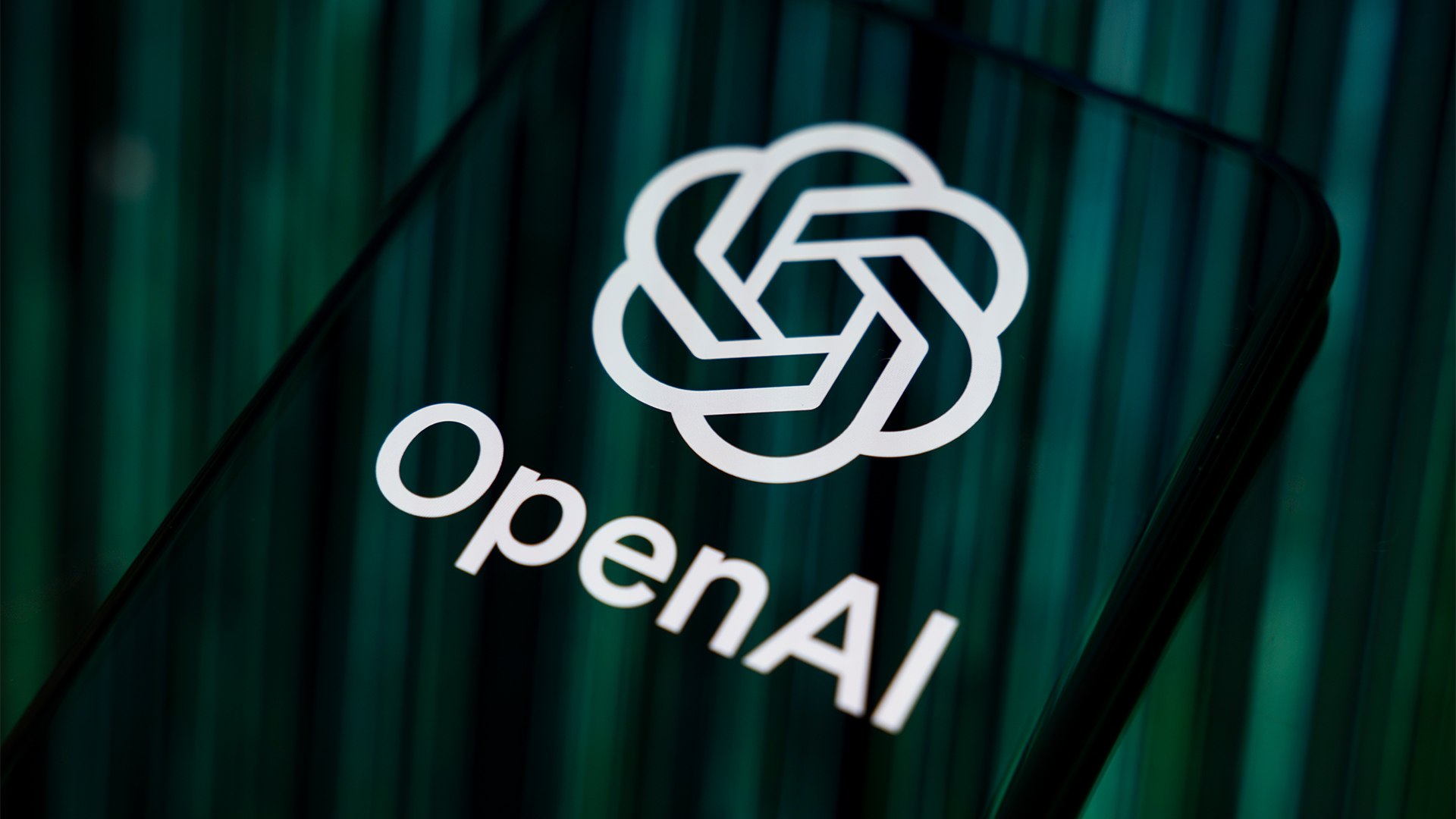 OpenAI says GPT-5.2-Codex is its ‘most advanced agentic coding model yet’ – here’s what developers and cyber teams can expect
OpenAI says GPT-5.2-Codex is its ‘most advanced agentic coding model yet’ – here’s what developers and cyber teams can expectNews GPT-5.2 Codex is available immediately for paid ChatGPT users and API access will be rolled out in “coming weeks”
-
 OpenAI turns to red teamers to prevent malicious ChatGPT use as company warns future models could pose 'high' security risk
OpenAI turns to red teamers to prevent malicious ChatGPT use as company warns future models could pose 'high' security riskNews The ChatGPT maker wants to keep defenders ahead of attackers when it comes to AI security tools

